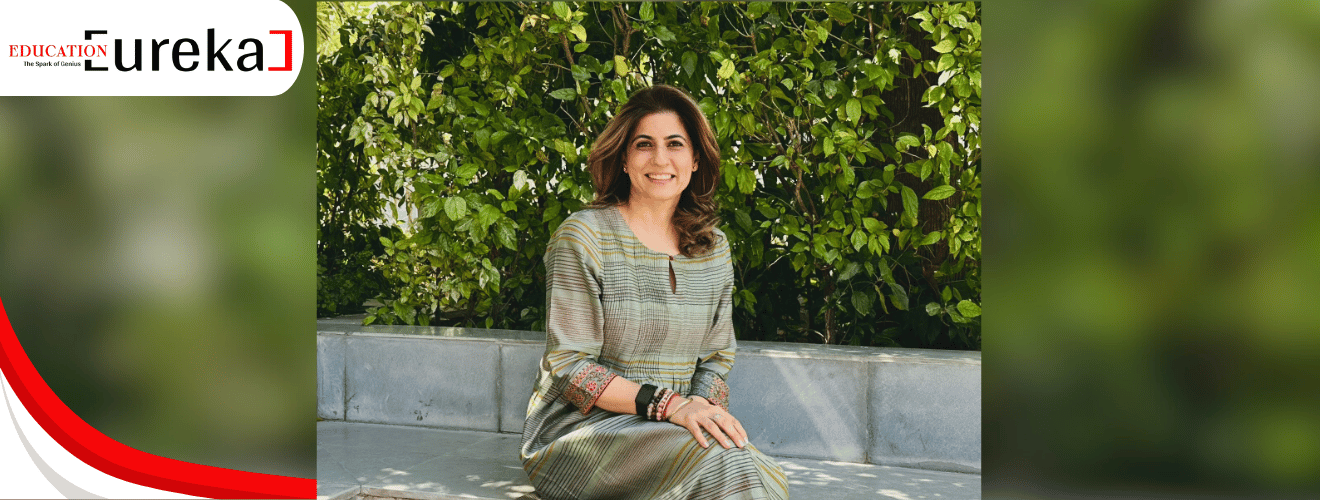
Helping neurodivergent minds feel seen, supported, and finally understood!
You tick all the boxes. You do well at work. You push yourself. On the outside, it looks like you have it together. But inside, it feels like you are always one step behind your own potential. You wonder why motivation crashes without warning, why focus comes in bursts, and why things that seem easy for others feel exhausting to you.
Sonal Singh knows that feeling well. For years, she was the go-getter. Fast-paced media jobs, high-impact consulting, meaningful nonprofit work. On paper, everything made sense. Inside, it felt scattered. Her motivation would spike, then vanish. Energy was hard to hold onto. The harder she pushed, the more out of sync she felt.
It took years to name it, ADHD. And with that, the fog lifted.
Suddenly, all the disconnects made sense. But more than that, Sonal saw a new direction. She did not just want to manage her ADHD. She wanted to help others understand their own.
That decision led to Exceptional Minds Coaching & Consulting, a space she built for people who think, work, and feel differently. Sonal now works with leaders juggling complex roles, teams trying to collaborate more smoothly, and individuals who are tired of hiding how their minds really function.
Her coaching blends structure with empathy. Strategy with lived truth. It is shaped by her own journey, one where being high-performing never quite felt like being aligned.
Today, she helps others bridge that same gap. Not by asking them to be someone else. But by helping them finally work with their minds, not against them.
Because sometimes, the way forward is not about trying harder. It is about understanding why the old ways never worked in the first place.
Living with ADHD, and parenting it, means Sonal has seen firsthand how misunderstood it is. It is not just about attention; it is about how people process the world. Her coaching lens is shaped by that. She does not see “inconsistency” or “distraction” as signs of something that is broken or wrong, she looks for the patterns underneath to identify what is causing these challenges or coming in the way of what the client wants as outcomes.
With individuals, she slows things down. They look at strengths, rhythms, emotional cycles, and sensory triggers before jumping into tools, systems, and strategies. With teams, she also enjoys bringing a neurodiversity lens into collaboration, helping people understand that different brains solve problems differently. That shift alone can transform team dynamics.
This lens naturally extends into her work with organizational leaders. Most leaders Sonal coaches do not have a motivation problem, they have a clarity problem. They care deeply. But the noise around them, the pressure, the speed, it scatters attention.
So she helps them zoom out first. What matters? What is theirs to carry, and what is not? Then she designs around how their brain actually works, not how it “should.” That might mean creating systems that are unique to them, externalizing decisions, or reframing what consistency even means.
A lot of it also comes down to their intentionality. If they know and trust their direction, action flows even as the path becomes clearer. If they do not, everything becomes a debate and leads to paralysis in decision making, action, and hinders leading with conviction.
One story brings this to life. Sonal shared a very recent one: a founder came in completely drained, micromanaging, fire-fighting, disconnected from his team, his co-founder, and his own energy. He had lost his confidence to lead and felt he did not belong in that role. He wondered if he was “self-sabotaging”, and thought he needed productivity hacks.
What Sonal actually worked on was reclaiming space to think. They restructured how he approached his week, brought in reflective rituals, mapped his values, brought his strengths to the forefront and his innate communication style, which slowly shifted how he led meetings and delegated. The team started responding differently. His co-founder and he started working collaboratively rather than him showing up to their meetings on the backfoot. He started sleeping better. After an important investor meeting, he shared something with Sonal that marked a turning point: “I belong here in my boardroom. I am leading with confidence and proactively, just not reacting anymore.”
That moment, for him and for Sonal, was the breakthrough.
Breakthroughs like these do not begin with big strategies. They begin with presence, patience, and deep listening. Sonal believes the balance between empathy and accountability lies at the core of her work. With a deep understanding of what it feels like when the mind seems to work against one’s best intentions, she brings compassion into every coaching relationship. At the same time, she upholds the importance of structure and the power of gentle stretching toward growth.
Many of her clients dislike the word “accountability,” so she brings the reframe of support. She talks about what support means to them and what kinds of support actually work for them, never punishment or fear disguised as drivers for productivity, which is a conditioning that most people carry. Sometimes that support looks like a gentle reminder on the phone that asks a question rather than having a rude alarm. Sometimes it is a visual tracker. Sometimes it is a plan B for when executive function drops.
She tells her clients that the goal is progress, and the aim is for imperfect gains every day.
This same balance of empathy and structure extends into Sonal’s work with teams. Sonal spoke about a pattern she often sees in team dynamics, the myth of neutrality. This idea that emotions and differences do not belong at work. According to her, emotions are at the core of every single thing that humans do. This lack of recognition of emotions and differences creates silence, shame, and secrecy. People stop naming what matters.
In team coaching, she helps surface the “unsaid operating system,” the invisible rules, roles, and hierarchies. Once those are named, the team can begin to redesign. Maybe it is a new check-in ritual. Maybe it is changing how decisions get made. Often, it starts with leaders being willing to show uncertainty, modeling in the space on how to make mistakes or even fail, or ask better questions.
She believes psychological safety is not just good to have, it is strategic and imperative for high performing teams.
Sonal extends this same philosophy when working with neurodivergent individuals and systems. She begins with this belief: both the person and the system are dynamic. Neurodivergent folks do not need fixing, and organisation cultures are not static.
Her frameworks are modular. She draws from different tools, attention mapping, strengths, sensory profiles, team agreements, depending on what is emerging. She often works with the broader system: HR, families, co-founders, teams. For her, coaching becomes a co-designed experiment rather than something that is formulaic.
This systems-based approach continues in Sonal’s work with leaders and teams. Her experience across business and nonprofit sectors shaped a mindset rooted in milestones, ecosystems, and long-term impact.
Sonal’s business and nonprofit background trained her to think in systems, milestones, and impact. That lens shows up all the time in her coaching, especially when clients are stuck in reactive mode.
She uses various strategy tools, but reframes them around the human system. All of her coaching supports a sustainable shift from being just tactical to also being strategic. Part of being strategic includes being someone who is always evolving and responding to the dynamic world around them, and that openness and adaptability is what helps with long-term success.
This strategic, systems-based lens also shapes how Sonal approaches coaching for ADHD minds. She recognises that many individuals, especially women with ADHD, carry years of internalised doubt, questioning their consistency, reliability, and decision-making. Constant micromanagement, misunderstanding, and the pressure to mask their differences have often silenced their inner voice.
So Sonal works on rebuilding that. Naming what they do know. Creating low-stakes experiments where they can trust themselves again, and building from there. Learning to differentiate between fear and intuition. That moment when someone says, “I chose this because I knew it was right,” that is special.
She believes in the dignity and the ability of each person to solve for themselves what they are grappling with, and she comes in as their partner to help them explore and expand their thinking.
This belief in self-trust extends to how Sonal has designed her own life. Sonal has built her life around what works for her, not some neurotypical ideal. Over the years, she has learnt what works for her and how she thrives. She designs for rhythm, not rigidity. She structures her work week according to how her energy flows during the week and month, and when she feels it is easiest for her to be in flow. She loves her calendar and uses it for all aspects of her life. She blocks white space in her calendar for her time like it is sacred, because it is.
What helps the most, honestly, is resonance. She works with clients and on projects that light her up. When she coaches, her brain is firing on all engines and nothing beats that high.
Just as Sonal designs her days around what energizes her, she also approaches purpose in a way that feels grounded and intuitive. She does not treat purpose as a distant goal or a fixed label. Instead, she invites people to slow down and notice. She often asks simple but revealing questions like, “What makes you feel most alive?” or “What do you lose track of time doing?”
For Sonal, purpose is experienced as an internal compass, something that is felt rather than declared. It guides from within, rather than through a slogan or external definition.
This same presence forms the way Sonal listens. Having worked across sectors and in diverse geographies, from newsroom floors to grassroots fieldwork, she has come to value what exists beneath the surface of words.
She believes that when trust must be built across differences, success lies less in saying the right words and more in asking thoughtful questions. Her approach is grounded in genuine curiosity, humility, and a constant effort to name the shared human stakes that exist beneath every humanitarian goal.
This way of listening also shapes how Sonal supports others, especially ADHD minds and organizational leaders navigating a world marked by uncertainty, rapid change, and cognitive overload. These challenges affect many, but they place a distinct strain on neurodivergent individuals. And yet, Sonal sees their strengths, creativity, adaptability, and pattern recognition, as essential for the future.
She believes the opportunity lies in redesigning workplaces to truly support neurodiverse brilliance, not just accommodate it. It is her strong belief that organizations that will thrive in the years to come will be the ones that have integrated systems to nurture neurodiverse minds, and she wants to passionately support those path-breaking institutions. She is also mentoring the next wave of neurodivergent coaches.
Explore more insightful articles, interviews, educational news, and educational magazines on our website. Click here to stay informed and inspired!
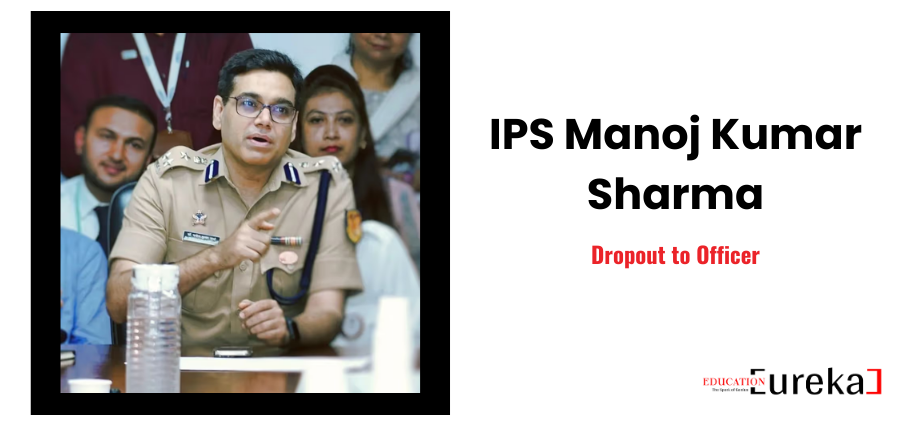

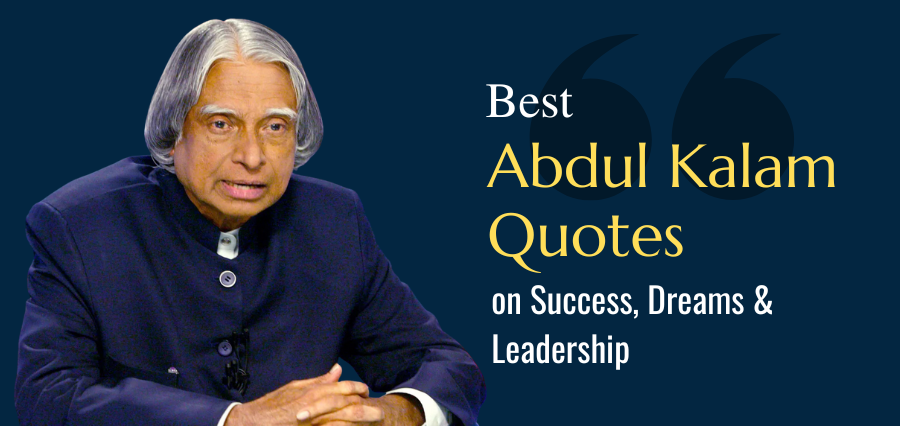
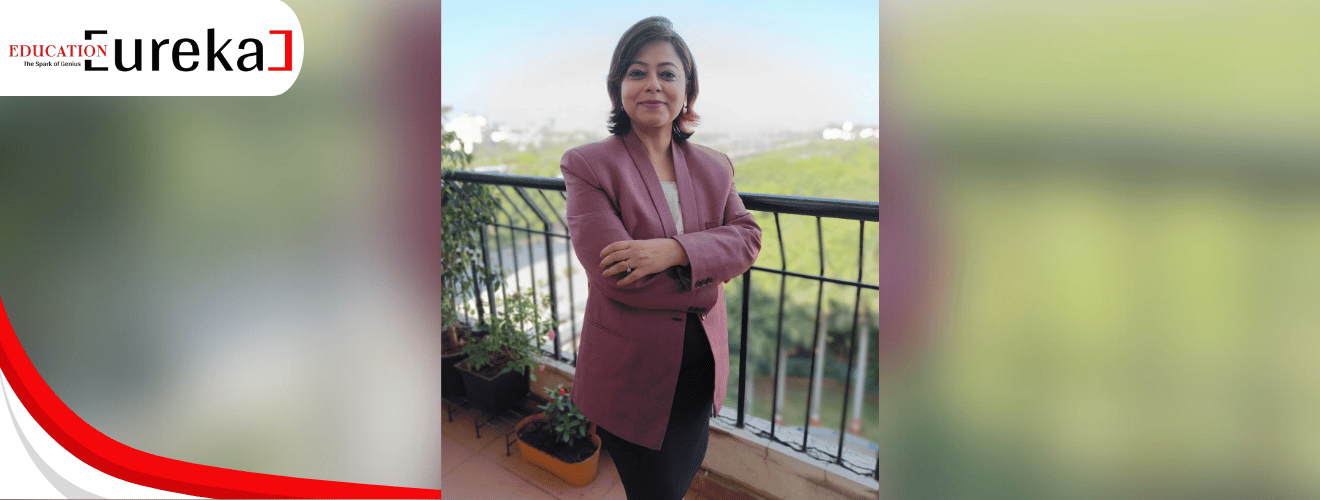
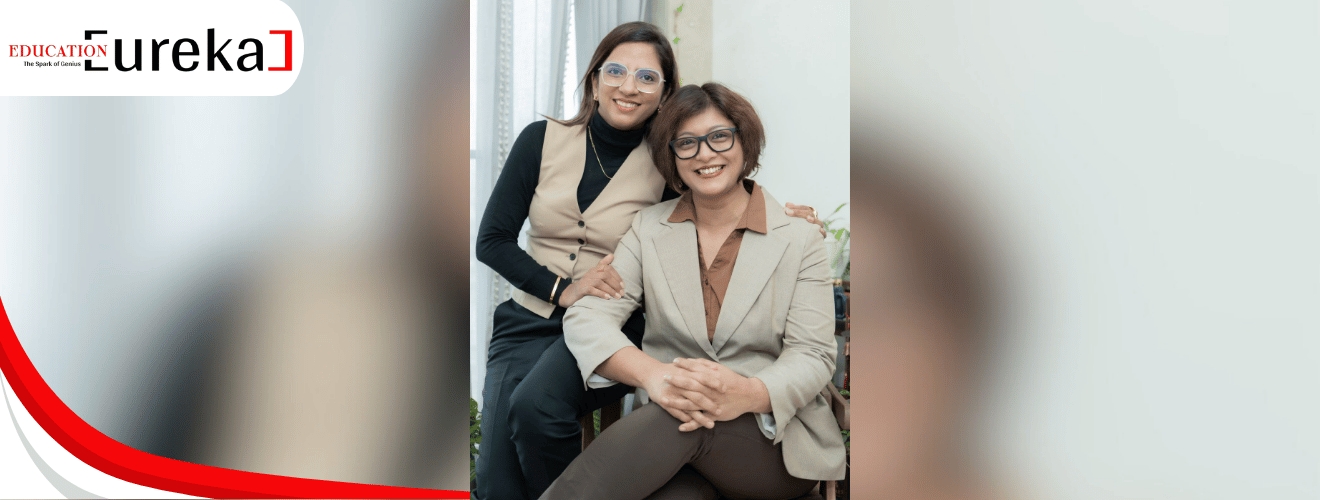
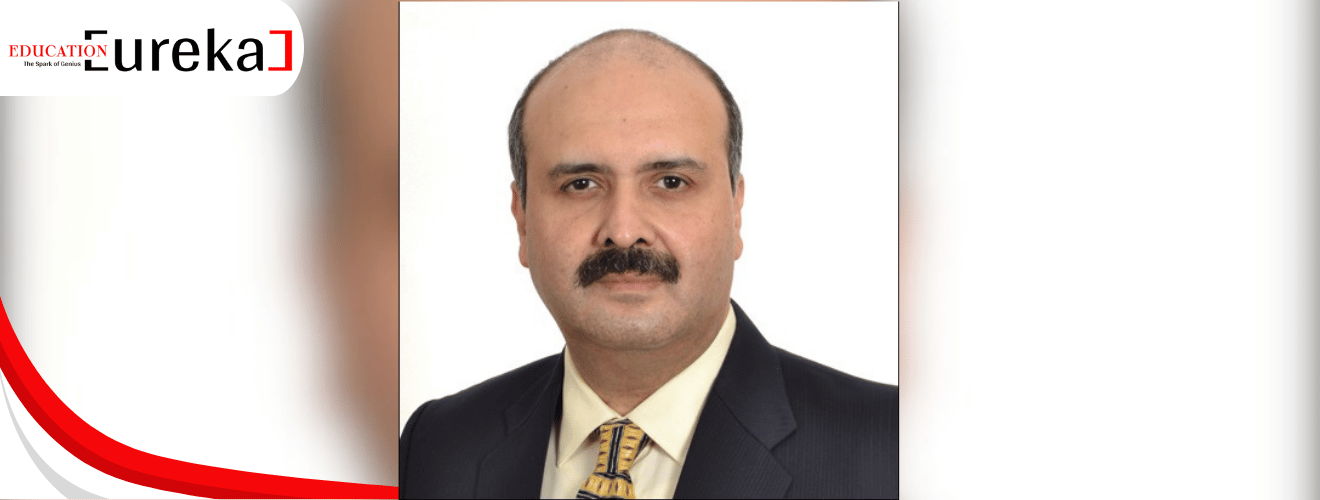
Welcome to the future of digital storytelling, where creativity meets innovation. We’re not just a magazine platform; we’re a team of passionate visionaries committed to transforming how stories are shared, celebrated, and experienced in the digital age. Join us as we inspire, inform, and redefine the world of digital magazines.
© Copyright 2025 | educationeureka | All Rights Reserved.